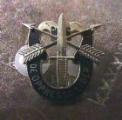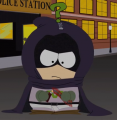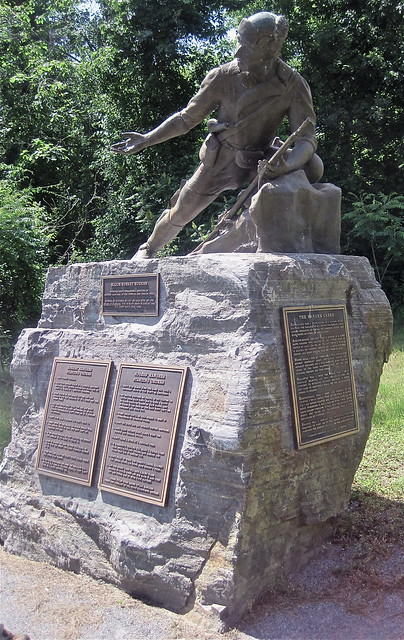
Originally Posted by
Surferbeetle

Compost,
Unfortunately it has not yet percolated through much of the bioreactor of western decision making that the Western concept of the state having a central location/primacy within society, is not a concept shared by all of the world or an idea of the populations of Afghanistan and Iraq.
Societies in these non western regions and places have fought, successfully over the ages, for primacy over the state.
This misunderstanding impacts the development, and implementation, of ideas such as insurgency, counterinsurgency, terrorism, and counter-terrorism by the Western state.
I find myself in violent agreement here 
Not only is the societal and social contruct different, it is based on a different style of logic and a different cocept of time. It is not just that we do things differently, we do things differently because we are fundamentally different.
In practical terms this may limit us to two options:
- Imposing our construct on them (unlikely to be acceptable to them, likely to be messy, unlikely to be acceptable to large parts of our liberal western society which dislikes imposing anything on anyone)
- Working within their construct (likely to be impalatable at home as the public is only likely to understand it and less likely to accept it as many parts of their construct are taboo in our current societal construct (ie: patronage, treatment of women, use of violence).
Messy either way!

















Bookmarks